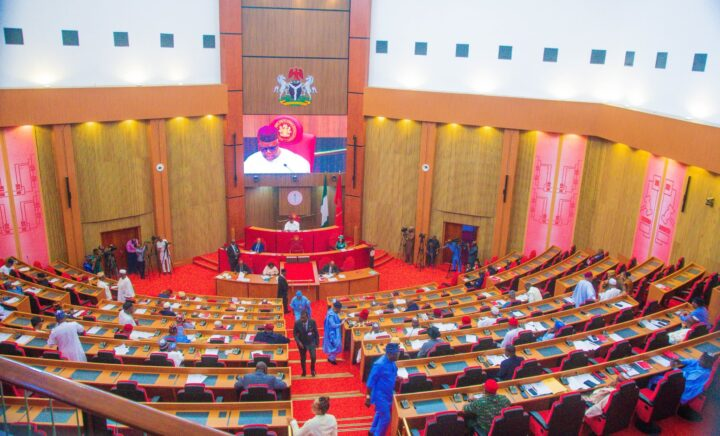
The proposed tax reform bill by the Federal Government of Nigeria has sparked intense debates across the country, with significant opposition emanating from northern stakeholders. The controversy underscores deep-seated concerns about the bill’s potential economic, political, and social implications, particularly for states in the northern region.
The Federal Government introduced the tax reform bill as part of broader efforts to boost revenue generation, streamline tax administration, and address fiscal imbalances within the country. The reform aims to consolidate Nigeria’s fragmented tax system, enhance compliance, and reduce reliance on oil revenue, which has historically dominated the nation’s economy. However, critics argue that the bill could disproportionately burden economically disadvantaged regions, further exacerbating existing inequalities.
Several northern governors, traditional leaders, and regional associations have expressed strong reservations about the proposed legislation. According to them, the bill fails to consider the unique economic realities of the northern states, many of which rely heavily on agriculture and informal trade rather than industrial and commercial activities that generate significant tax revenue.
“We recognize the need for fiscal reforms, but this bill seems to overlook the peculiarities of our region. It could widen the economic gap between the North and the South,” one northern governor remarked during a recent meeting of the Northern Governors’ Forum.
The Arewa Consultative Forum (ACF) has also warned that the tax reform could threaten the livelihoods of millions of northerners. They argue that the proposed changes might lead to higher taxes on small-scale farmers and traders, who form the backbone of the region’s economy.
In response, the Federal Government has defended the tax reform as a necessary step toward achieving fiscal sustainability and improving Nigeria’s economic prospects. The Ministry of Finance insists that the bill incorporates measures to protect vulnerable populations and promote equitable revenue sharing across states.
“Every reform comes with challenges, but we are committed to ensuring that no region is left behind. This bill is designed to benefit all Nigerians in the long run,” a spokesperson for the ministry stated during a press briefing.
Analysts believe the conflict over the tax reform bill highlights broader issues of fiscal federalism and resource allocation in Nigeria. The debate has reignited calls for restructuring the country’s revenue-sharing formula to address regional disparities and foster greater economic inclusion.
As the National Assembly prepares to deliberate on the bill, the stakes remain high. The outcome could significantly shape Nigeria’s fiscal policies and regional dynamics for years to come. Stakeholders across the country are closely watching the unfolding developments, questioning whether a consensus can be reached or if the tax reform bill will deepen Nigeria’s regional divides.






